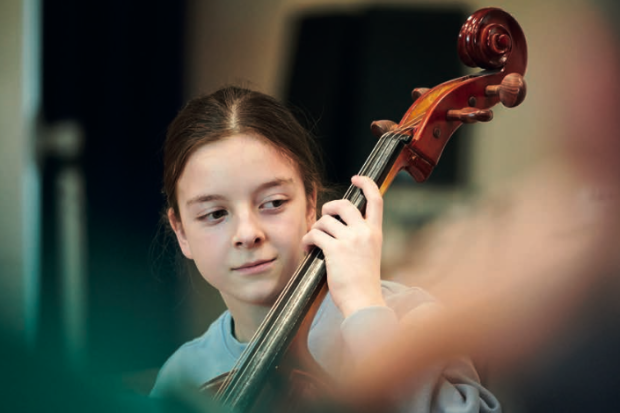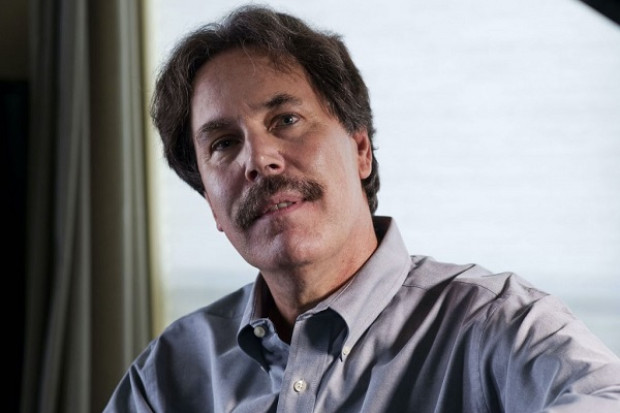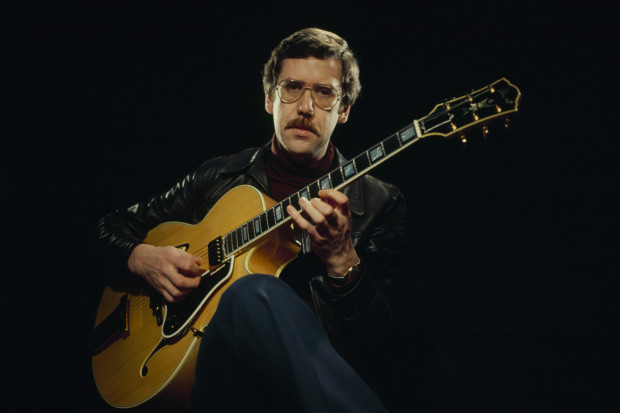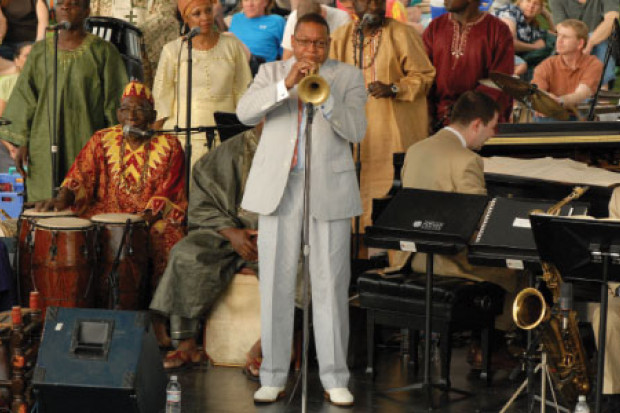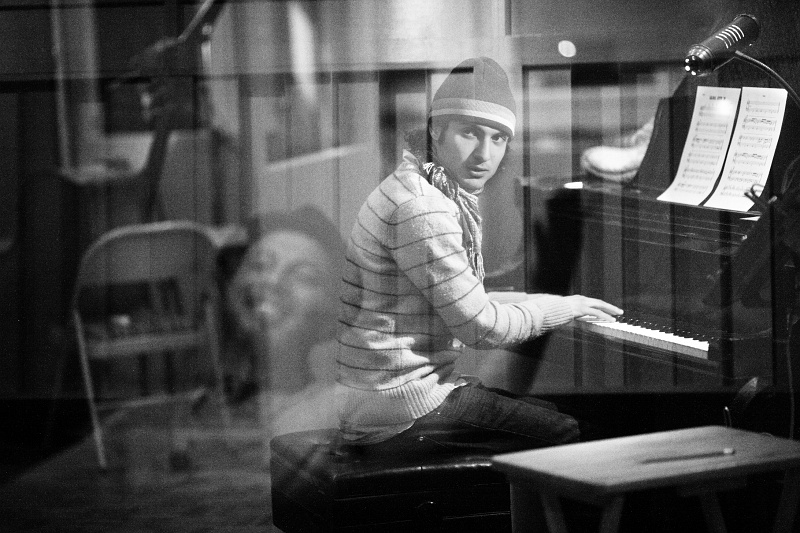
Tigran Hamasyan
In person, Hamasyan doesn’t exactly resemble the same young enigmatic Dylan-esque pianist that is conveyed in publicity photos. Nor does he, like some improvising musicians, use the same cadences in speech as when playing; in fact he is quite a succinct speaker. However, when he plays, he plays a whole lot of notes. Strangely enough, none of them sound superfluous. I asked Hamasyan before the concert, on account of his stunningly fluid technical abilities, how he manages to maintain a balance between this technique and lyricism. His answer was simple: he approaches the song as an entity first, using it as a model for his technique, but always with the aim of telling a story in that song. Sometimes the song warrants extended improvisations, sometimes not. Hamasyan says that he thinks of himself as a ‘classical composer, singer-songwriter’. These claims might sound unlikely, but make sense when, as a listener, you can’t help but be reeled in by the almost child-like sincerity of enthusiasm that he allays to this ability — he is playing with these various elements and approaches.
Fireworks aside, this was an intimate chance to catch someone, who, in years to come, will surely be a leading figure for pianists and improvisers. The compositions he performed were all originals from his gorgeously lyrical solo album, A Fable, save for one jazz standard (read our review of this album here). The arrangements have grown from the recorded versions too: reharmonised melodies and cadences, two-handed unison lines inserted at warp-speed just before the return of a familiar melody as in the title track — although at times filling almost every nook and cranny of space, it was with playful respect to the structure of the written melodies. His previous answer was starting to make sense.
The songs too are very beautiful and memorable. ‘I compose a lot’, he admits. Hamasyan embraces the peculiarities of his native music in writing songs that have simple-sounding, but unusually placed melodies. In Armenian folk music, he says, the rhythmic difficulties are not so much about the meter as about where the melody is constructed within the meter, which makes it sound ‘weird… and deep’ — unusual to our ears at least. When bringing music to rehearsals with his band of brilliant American-based musicians (a vastly different sounding project to this solo music), Tigran notes that they have difficulty finding the ‘one’ in the bar. Be advised, tapping along to this music can prove challenging. His journey to ‘discovering’ his native music began with an early classical training, followed by ‘intense bebop-head’ teens and the subsequent interest in the music of Keith Jarrett, Jan Garbarek and Armenian spiritual guru and composer George Gurdjieff.
This performance was tinged with nostalgia, Hamasyan dedicating the concert to his recently deceased uncle who was influential in exposing the young Armenian to jazz. As well as mourning, Hamasyan was happy to rock out on the low end of the piano with the abandon of a heavy metal rhythm section, some sort of dramatic twin character dialogue, and, the crown jewel for the musicians present, vocal scatting along to his left-handed bass line with the accuracy and explosive creativity of a south Indian tabla master. Interspersed with these Eastern patterns were American beat-boxing rhythms that betrayed the influence of drummer Ari Hoenig, whom Hamasyan met at the University of South California, and describes as his ‘musical brother’. The variety of accents and rhythmic super-impositions at Hamasyan’s disposal was truly astonishing and had the audience begging for more. He returned, however, for a sombre encore, Leaving Paris, which was hypnotic in an entirely different way.
Hamasyan will likely return to Ireland later this year, courtesy of the fearless promotion of Mintaka Music who plan to pair the Armenian with a genuine Indian tabla master, Trilok Gurtu. They are performing together at the Cully Jazz Festival in France on 14 April.
Published on 31 January 2012
Patrick Groenland is an Irish guitarist and composer. Having studied at the Berklee College of Music, Boston, he is now based in Dublin. www.patrickgroenland.com










